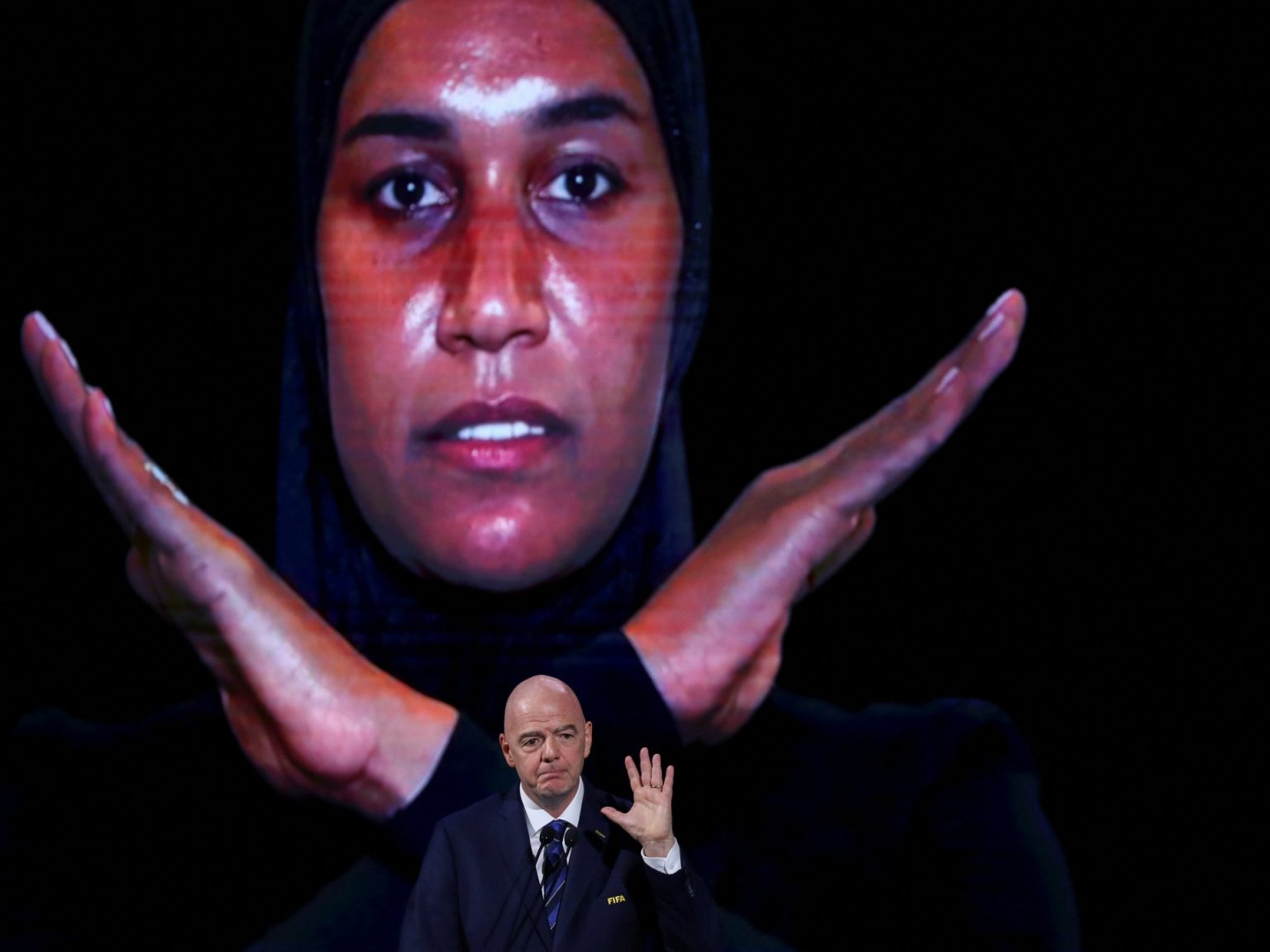Brazil has won the bid to host the 2027 Women’s World Cup, beating a joint bid by Belgium, Netherlands, and Germany. This makes Brazil the first South American nation to host the tournament. The Brazilian Football Confederation expressed excitement about the opportunity to showcase women’s soccer and promised to deliver the best World Cup for women. The decision was based on a FIFA evaluation that gave Brazil a higher score for its commercial plan and purpose-built stadiums from the 2014 Men’s World Cup.
The United States and Mexico withdrew their bids for the 2027 Women’s World Cup, leaving Brazil and the joint European bid as the two candidates. Brazil scored higher in the FIFA evaluation, with a rating of 4.0 out of 5 compared to 3.7 for Belgium, Netherlands, and Germany. The European bid was praised for its compactness and solid commercial viability, but it had smaller stadium capacities. Brazil’s focus on giving FIFA what they needed rather than lobbying for votes was seen as a key factor in securing the bid.
FIFA President Gianni Infantino announced a global stand against racism in football, with five action areas to address the issue. The organization pledged to take a tough stand on racism, including the implementation of strict measures by all members for instances of abuse, such as forfeiting matches and introducing racism as an offence in players’ disciplinary codes. Infantino emphasized the need for football to address societal issues like racism and to take a strong stance against discrimination in the sport.
Infantino also addressed concerns about the number of matches played globally, highlighting that FIFA only organizes a small percentage of club and national team games. He urged delegates to focus on the important work that FIFA does for its members, rather than getting caught up in futile debates about match volume. The organization aims to provide resources and support to its members, ensuring that football continues to thrive worldwide. Infantino’s comments emphasized the need for unity within the football community to address key issues affecting the sport.
The pledge to combat racism in football is a significant step towards creating a more inclusive and respectful environment within the sport. FIFA’s commitment to implementing strict measures for instances of abuse sends a strong message that discrimination will not be tolerated. The introduction of a global standard gesture for players to inform referees of racist abuse is a proactive step towards addressing this issue. By taking a united stand against racism, FIFA aims to create a more inclusive and welcoming environment for all players and fans. This commitment reflects the organization’s dedication to promoting equality and diversity in football.


